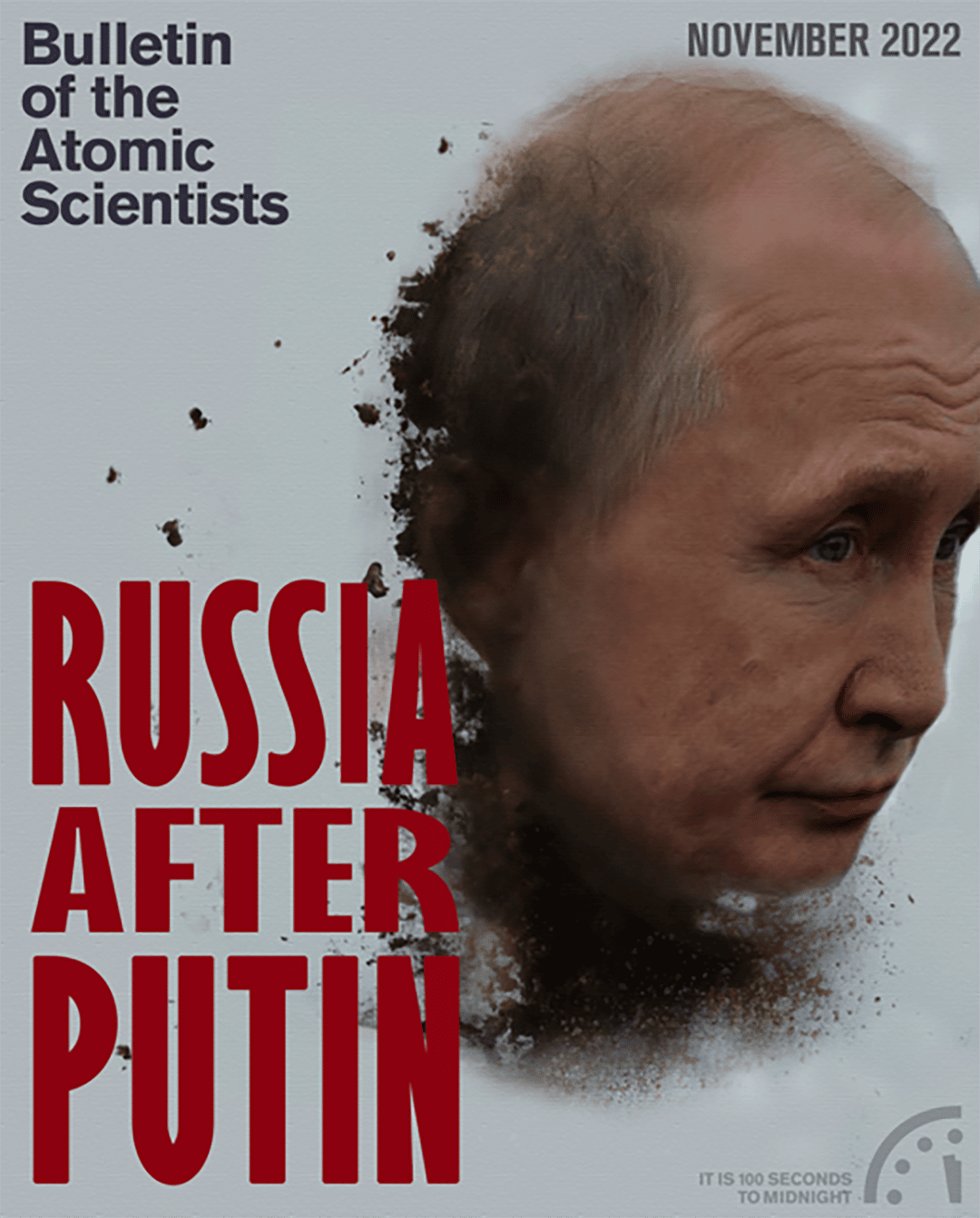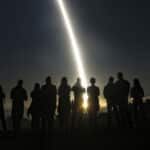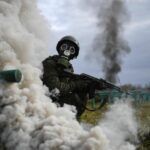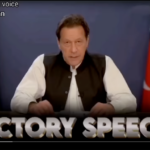Russia’s economy is much more than a “big gas station.” Under sanctions, that’s now its biggest problem.
By Janis Kluge | November 9, 2022
Power plant for Lukoil’s refinery in Volgograd, Russia. The Moscow-based company is one of the world’s largest publicly traded, vertically integrated oil and gas companies, with over 100,000 employees, and refines over 1.2 million barrels per day. Press release image, courtesy of Lukoil.
Russia’s economy is much more than a “big gas station.” Under sanctions, that’s now its biggest problem.
By Janis Kluge | November 9, 2022
Loading...
Together, we make the world safer.
The Bulletin elevates expert voices above the noise. But as an independent nonprofit organization, our operations depend on the support of readers like you. Help us continue to deliver quality journalism that holds leaders accountable. Your support of our work at any level is important. In return, we promise our coverage will be understandable, influential, vigilant, solution-oriented, and fair-minded. Together we can make a difference.
Keywords: Russia, economy, petrostate, sanctions
Topics: Special Topics






















For once I’d like to see a Russian politician call for moving the RF to solar energy. Of course, we’re probably more likely to see the Duma repeal the anti-LGBT laws.